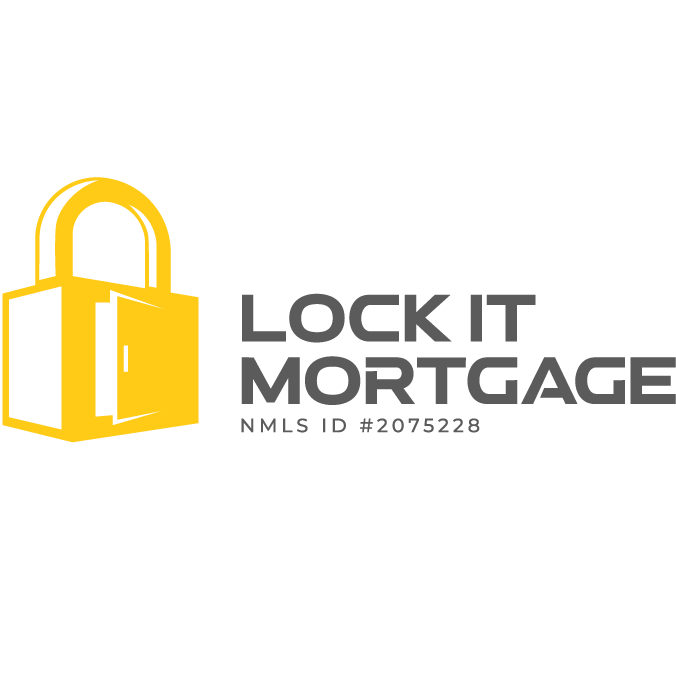As you get ready to buy a home, there are a lot of terms to know. One of the first that you will come across is Earnest Money Deposit. What is this part of the real estate deal and what do you need to know?

The Earnest Money Deposit, or EMD, is the amount of money that a buyer pays toward the purchase of the home to take it off the market. When making an offer, the amount of the EMD is included. If the seller agrees, the buyers pays it immediately via their real estate agent.
Understanding The Earnest Money Deposit
The EMD doesn’t automatically go into the seller’s pocket right away. Instead, it is held in escrow until the final contract is complete. This means that it is held in its own account, most often by the lawyer or firm that is completing the contract paperwork. When the final contracts are signed and the keys have been turned over, the EMD is released to the seller along with the rest of the proceeds from the sale of the home.
Refundibility
Some EMDs are refundable and others are not. This is specific in the offer to purchase the home. A refundable EMD is returned to the buyer if the deal does not go through for whatever reason. This can be if the home inspection reveals issues that the buyer does not want to take on, if the buyer’s financing is not approved, or a variety of other reasons. In this case, the EMD is returned to the buyer once the cancellation paperwork in finished.
Some EMDs are nonrefundable. In these cases, the EMD is given to the seller, even if the deal is not completed. If the buyer backs out, the seller still has the assurance of the EMD.



